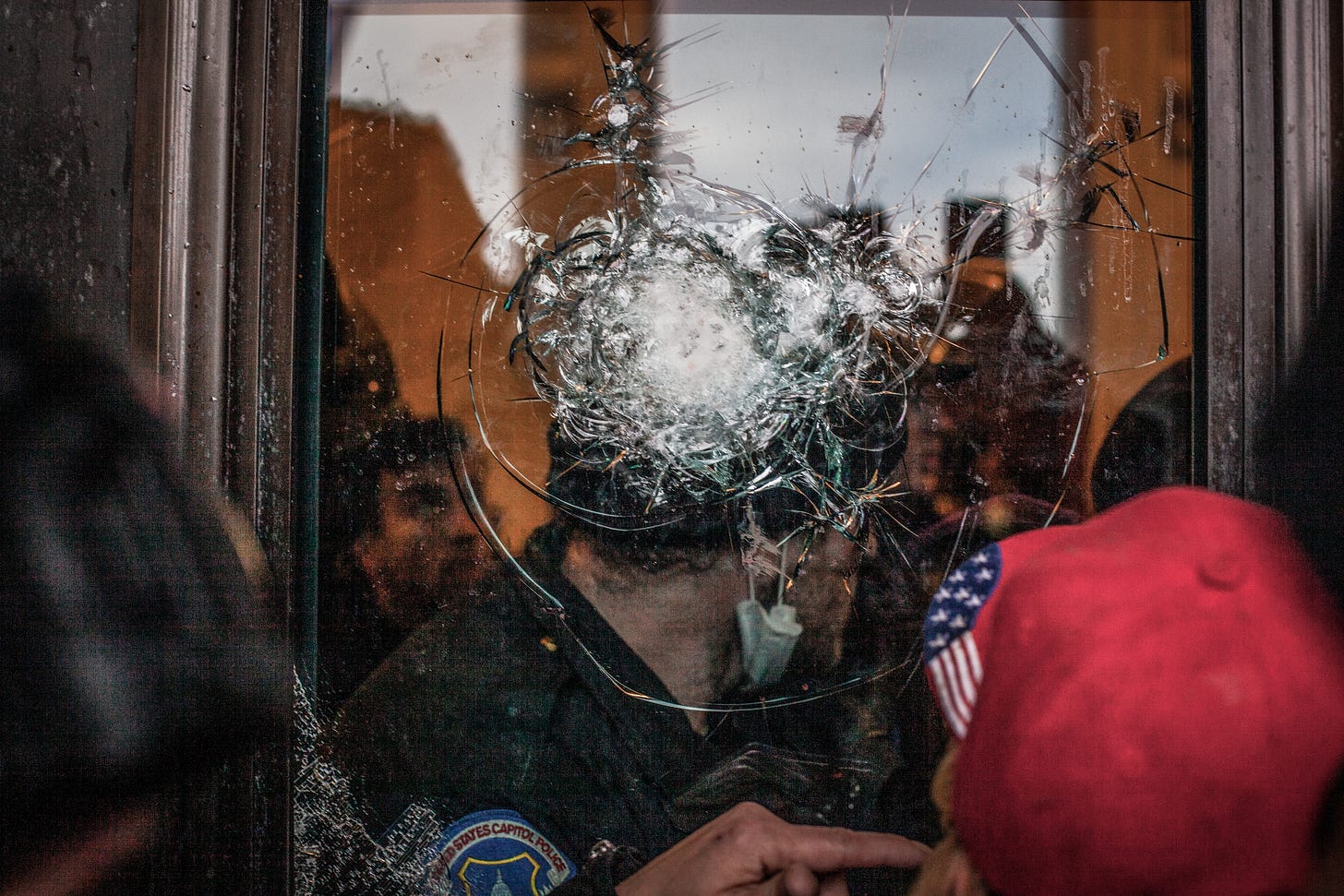Big Oil's extremist hypocrisy
Oil companies employ actual right-wing militia members inside their facilities while working to silence "extremist" climate protesters outside.

Last week, a violent mob mounted an armed insurrection on the U.S. Capitol, seeking to disrupt the democratic process and potentially physically harm members of Congress. On Wednesday, the Associated Press reported that the ins…


